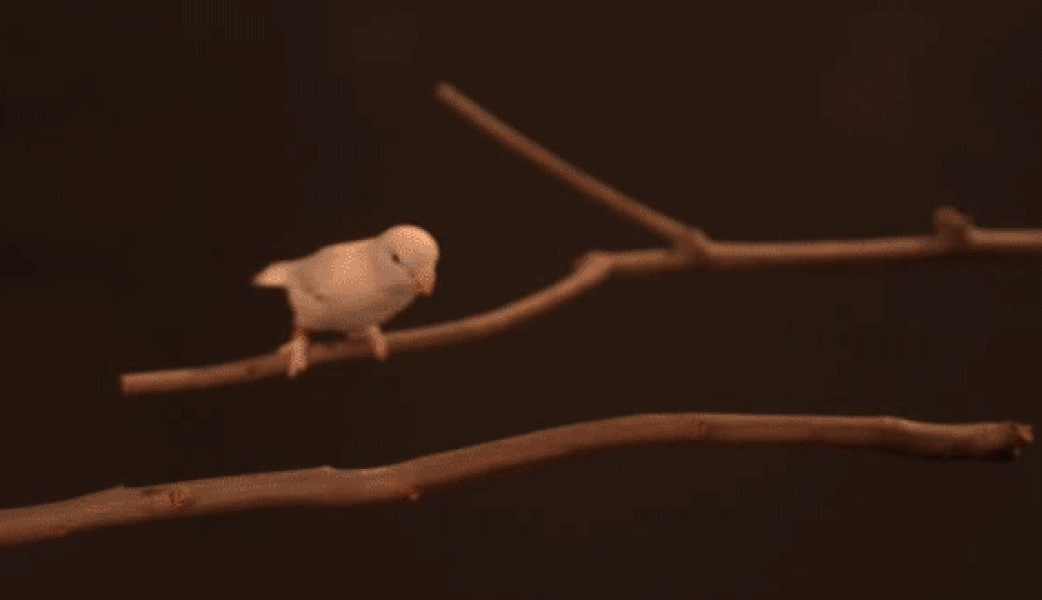Festival of Humanity

Of all the festivals in the Hebrew calendar, Rosh Hashanah is perhaps the most inclusive. Other festivals celebrate Israel as an "us": They commemorate key moments in our national history, such as the exodus from Egypt, or emphasize rituals of national atonement. On Rosh Hashanah, however, the emphasis is on our humanity – on our being creatures who must account for our actions.
This inclusive theme of Rosh Hashanah is expressed in the following lines of the 10th-century liturgical poem, unetaneh toqef ("Let us give power"), which is read to this day during the Rosh Hashanah service in many congregations in Israel and overseas:
And all creatures shall parade before you
Like a herd of sheep.
As a shepherd herds his flock,
Directing his sheep to pass under his staff,
So too do you pass, count, and record the souls
Of every living thing,
And decree a limit to each person's days,
And inscribe their final judgment.
The inclusive perspective does not come naturally. We only ever manage to adopt it partially and occasionally. As the social psychologist, Henri Tajfel, and many others after him, showed, we divide with unbearable ease into two camps, and privilege "us" over "them." The extensive media coverage over the last month of hurricanes in the USA, compared with the meager coverage of much deadlier monsoons in Asia, exemplify this tendency and raise questions about the limits of our empathy and how they are determined.
May the coming year be one in which we exceed these limits and find new ways to connect with those who are different to us.











